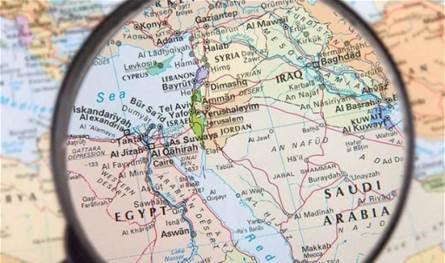The scene in the Arab Levant
January 6, 2025

The current transition, of course, should work to provide early reassurance to the outside world, especially the Arab world. Reassurance that the future Syria will not be a platform, tool, or party to interfere in the affairs of others in the name of major ideologies or strategies. But what is also required is internal reassurance; Members of the national home with its diversity, and respecting that diversity in practice, on the eve of the launch of the national dialogue process. The dialogue must be comprehensive to rebuild the state and establish a new authority. Authority based on the rule of law, activating institutions, and enhancing the concept of citizenship. Challenges that are not easy to overcome for many different reasons, especially in light of the continuing “conflict over Syria” (the title of Patrick Seale’s famous book). Players change and some of their styles may change, but the game does not. A game of influence struggle that is reinforced by the attractiveness of the location in the political geography of the region.
These three issues will constitute, albeit to different degrees of course, major issues in the “game of nations” in the Middle East. Challenges that require the crystallization of an Arab role based on active involvement in working to achieve the success of the goals required to be achieved in these issues. These goals, if achieved, will contribute significantly to regional stability.
“After the Mini Mafia episode…an explanatory statement by Al Jadeed Channel









